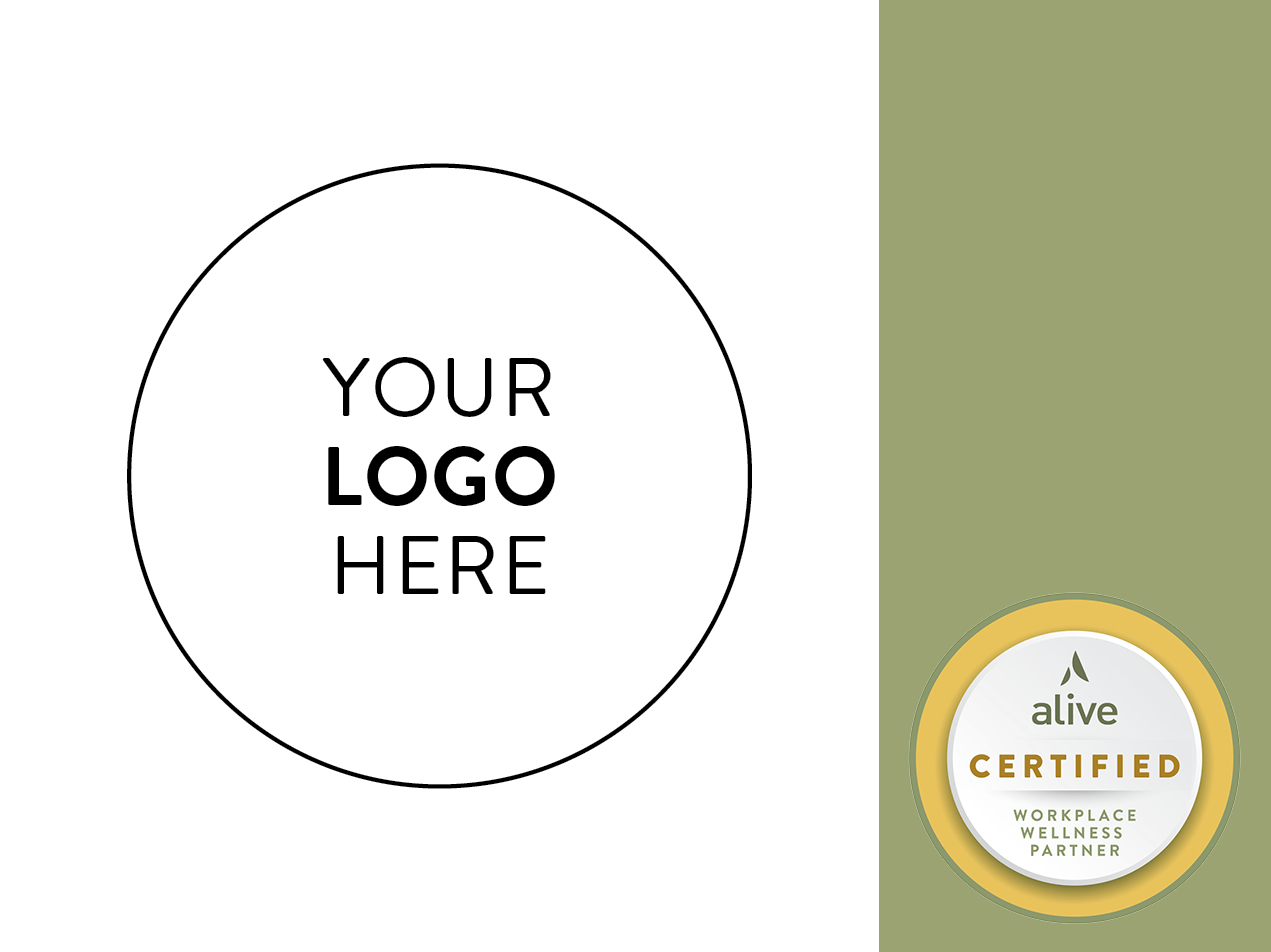
The word retirement can elicit a variety of emotional responses and images. Regardless of whether you yearn for it, cringe at the thought of it, or realize you haven’t yet considered it, read on to get your creative juices flowing―this is a change in life that can be leveraged to your advantage!
Five years ago, Colleen retired from her career as a respiratory therapist and anesthesia assistant. When the time came, she balked at the idea of quitting. It took conversations with trusted friends, soul-searching, and time for her to realize that retiring wasn’t synonymous with quitting: it was just moving toward something new!
Change is afoot!
Retirement can alter a number of things, including:
- income level and source
- career/job label
- primary activities
- daily structure
There is a lot happening all at once.
Factors at play
When considering retirement, most of us think about the financial implications. Just as important are our physical and mental well-being and our engagement in the world.
Physical well-being
Now could be the perfect time to establish a baseline by having our overall health assessed. Armed with the information from a physical exam and follow-up tests, we can have a better idea about what to watch for, and what the best exercise and nutritional approach could be.
Mental health
Mental health becomes even more important as we age. Challenges that are more prevalent in aging adults are often the result of isolation, loneliness, and perceived loss of purpose.
Much of this can be minimized through proactive efforts. Supportive measures, such as confiding in a friend, checking in with our family doctor, joining a support group, volunteering in the community, or seeking out counseling, can make all the difference.
Social connection
Having one or more close friends, social activities, and cognitive stimulation, are vital to our quality of life, especially when shifting away from working life. Ensuring this area is active helps to fill our days and nurture our sense of well-being. Having a pet can be a great way to feel connected. Becoming involved in our communities can also be important and healthy.
Strategize
Identify what matters to you, and how to achieve it. When Colleen planned for her retirement, she identified five things that mattered most, including the following:
- mental acuity
- physical, sexual, and nutritional health
- contributing, being of service
- being current and stimulated
- reaping the benefits of her hard work
Leverage this phase
Consider the potential benefits in this stage of your life. There are ways to mitigate the challenges, and there are surprising bonuses.
- Be pragmatic―if change is coming, prepare for it, rather than ignoring the inevitable.
- Identify potential challenges―have effective ways to address them.
- Recognize your wisdom―use it for yourself, and to support others.
Make a conscious decision to plan well, implement diligently, stay connected, have compassion for yourself, and leave room for surprises.
By Carole Ames


